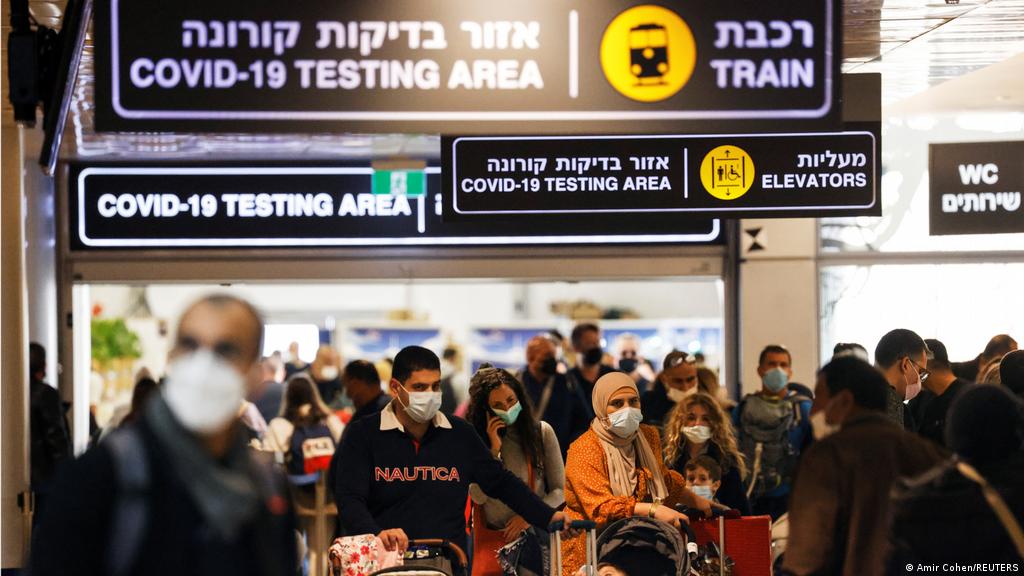This week the surge of the Omicron variant has led the countries to impose a series of further restrictions in the Middle East. So far, the Omicron variant has been detected in Israel, Saudi Arabia, the United Arab Emirates and only today Uganda has been the first East African country to have the Omicron variant detected. However, in Lebanon amid Covid and Omicron variant related fear for surge, the government has imposed a new curfew for the unvaccinated or without a negative PCR test starting December 17.
Travel restrictions in Africa and the Middle East
A great majority of African and Middle East countries have imposed a heavy ban on incoming flights from South Africa, Namibia, Botswana, Zimbabwe, Mozambique, Lesotho and Eswatini in order to keep the situation under control. Such restrictions have been imposed on Egypt, Jordan, Kuwait, the United Arab Emirates, Oman and Saudi Arabia whereas Morocco and Israel will be keeping the ban only for the two coming weeks for the time being. However, WHO underlined that the ban will likely not have any effect on the spread of the Omicron variant “blanket travel bans will not prevent the international spread, and they place a heavy burden on lives and livelihoods.
International Vaccine Diplomacy
It seems that with the new variant, which most likely won’t be the last, vaccine diplomacy has been the main focus. While COVAX, the project of richer countries providing vaccines to the poorer has contracted only 13% of the doses destined to those countries. In the meantime, China and Russia have stepped up their vaccine diplomacy in the area through a new joint venture for vaccine production in the United Arab Emirates between the China National Pharmaceutical Group, commonly referred to as Sinopharm and its Emirati counterpart. The provision is the production of approximately 200 million doses of Sinopharm vaccine per year in the UAE.
Accordingly, Morocco has signed a similar contract with Sinorpharm. This mass production of Sinopharm vaccines aims to become the main provider and distribution hub for West Africa. Both countries, UAE and Morocco have attainable goals for this year, hoping to become production and distribution hubs in the area.





